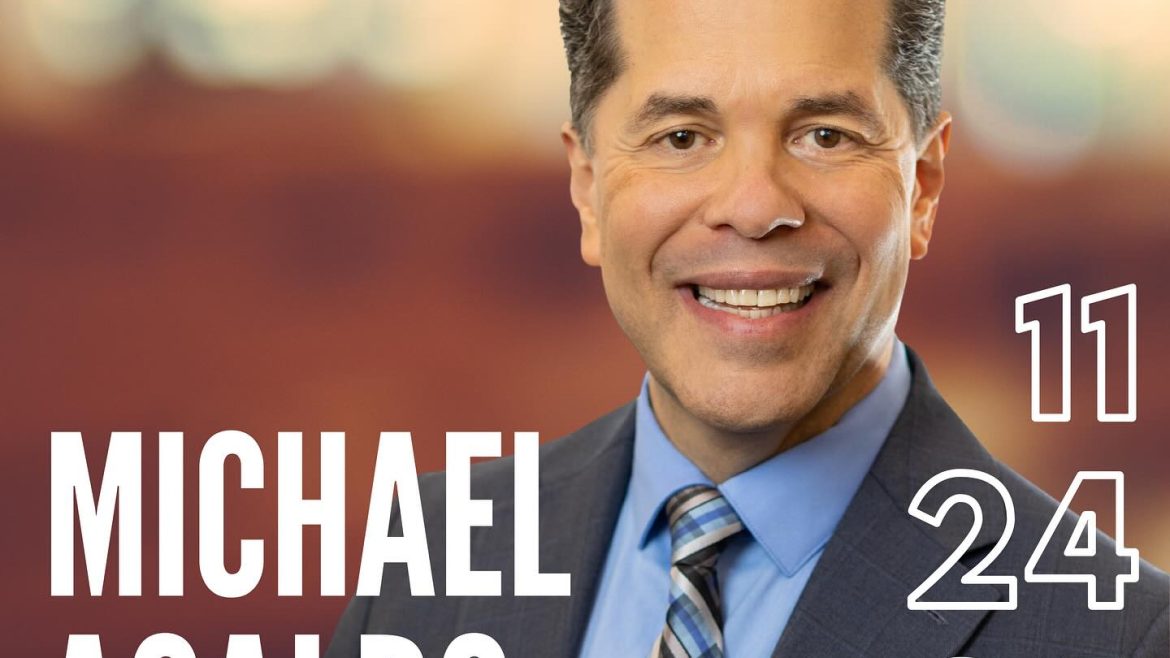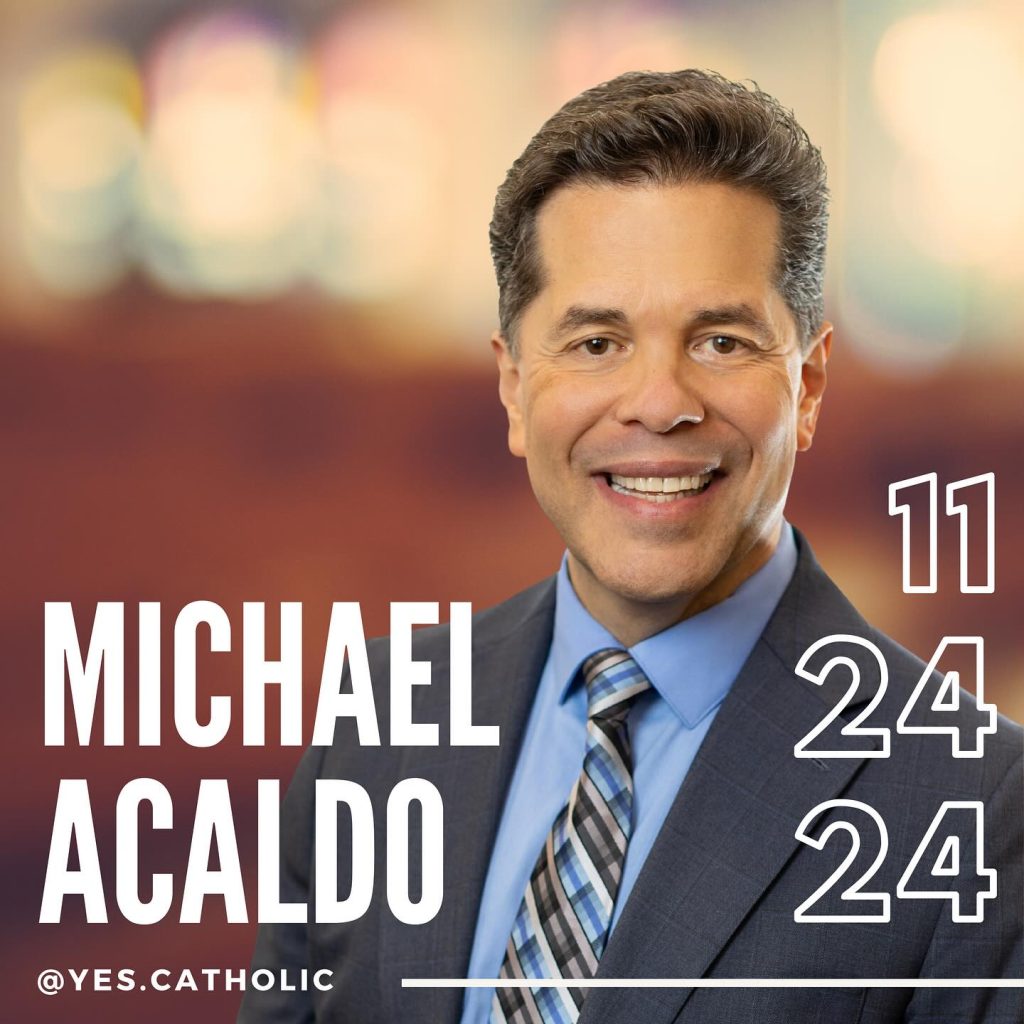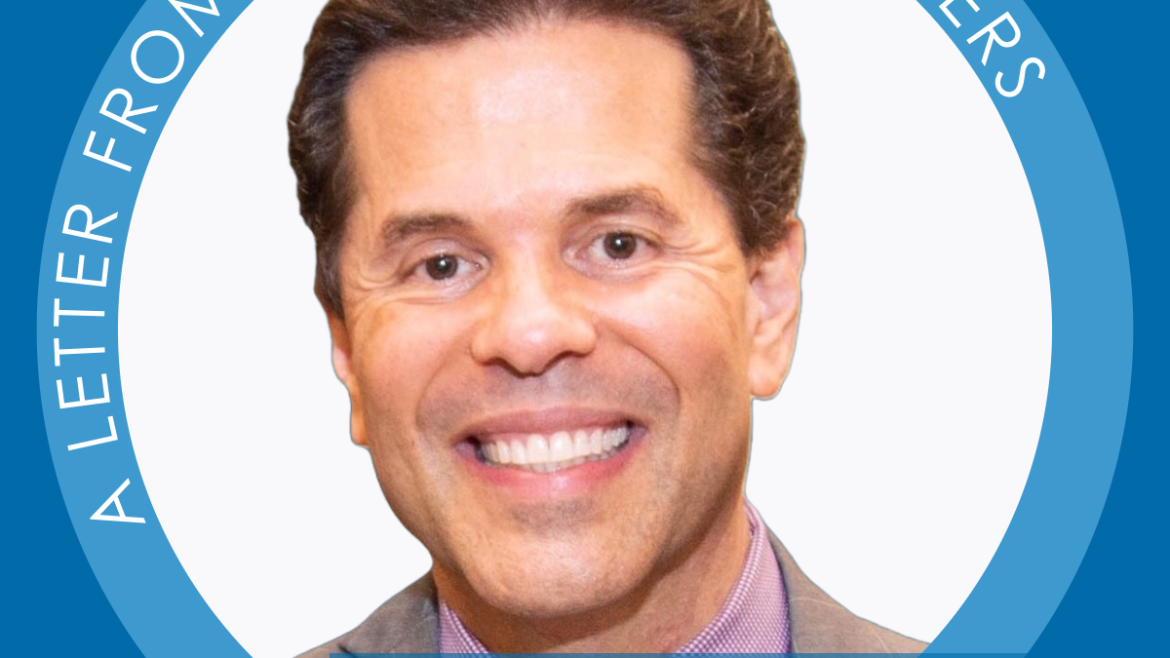By Timothy Williams, Senior Director of Formation and Leadership Development
Blessed Frédéric, who is for us a model of lay holiness, fully lived his faith in every part of his life. He served the poor as a lifelong member of the Society he founded. He believed the time spent with friends was “all in order to love God” [55, to his mother, 1833]. He fulfilled his role as a professor “in a Christian manner and [served] God in serving wholesome teaching.” [516, to Foisset, 1843] And he expressed his view of the vocation of marriage by saying “In your wife you will first love God…you will be her guardian angel, she will be yours.” [107, to Curnier, 1835] In return, he was blessed with a wife of great holiness, who loved, comforted, and complemented him fully.
By the time she met Frédéric on November 13, 1840, the twenty-year-old Amélie Soulacroix had already turned down two marriage proposals, in part because she wished to provide care for her ailing brother Théophile. By contrast, as she would later write to Frédéric, from the moment she met the young professor “I prayed for you to be my fiancé and for our eternal love before God and the Holy Virgin. From that moment on that is how I described you in my prayers.” [Amélie, p.35] The feeling was mutual, and they were married only six months later.
Frédéric, though seven years her senior, was still establishing himself in his career; he did not offer her a life of wealth, and she barely knew him, yet she reassured him that “I am not afraid. I have faith in God, my father, my mother, and in you.” She later recalled that “from that moment I felt that God was bestowing a great blessing upon me, far more than I deserved.” [Amélie, p. 36] Amélie saw and felt God’s special grace in Frédéric, and her reassurances would continue to buoy him in times of difficulty throughout his life.
Through Amélie’s encouragement and love, Frédéric became more holy. And, although women could not become members of the Society at the time, Amélie grew to have a truly Vincentian heart, and participated in its works. On Sundays, they “went to Mass and then to visit Fréd’s poor” where they distributed food tickets from the Society and their own firewood. ”It is very sad,” she explained, “but we feel happier if we can give a little relief to these wretched people.” [Amélie, p. 48]
We are called as Vincentians to grow in holiness together. Frédéric grew in holiness throughout his life together with his family, with his friends, with his Vincentian confères, and most especially with his wife. Amélie was truly the answer to the prayer he had offered for a future fiancé years before they met: “I pray especially that she will come with a fine soul, that she brings great virtue, that she is a great deal better than I am, that she lifts me up and not drags me down, that she be courageous, because I am often timid, that she be fervent, because I am often lukewarm in the things of God…” [107, to Curnier, 1835]
Contemplate
Who in my life encourages me to be better? Who in my life do I encourage to have a Vincentian heart?
Recommended Reading
Amélie Ozanam, A Heart with Much Love to Give
Contemplación : Un Alma fina
El bendecido Frédéric quién es para nosotros un modelo de santidad laica, vivió plenamente su fe en cada parte de su vida. Sirvió a los pobres como miembro de por vida de la Sociedad que fundó. Creía que el tiempo pasado con amigos era ” todo para amar a Dios” ( 55 a su madre, 1833) Cumplió su rol como profesor ” de una manera cristiana y sirvió a Dios, al servir una enseñanza provechosa ( 516, a Foisset, 1843) Y expresó su visión sobre la vocación del matrimonio al decir ” En tú esposa amarás primero a Dios….. serás su angel guardián ella será la tuya ( 107 a Curnier, 1835) A cambio, fue bendecido con una esposa de gran santidad, que lo amó, conforto y complementó plenamente.
Cuando conoció a Frédéric el 13 de noviembre de 1740, Amelie Soulacroix de veinte años ya había rechazado dos propuestas de matrimonio, en parte porque deseava cuidar a su hermano enfermo Theophile. En contraste, como más tarde escribiría a Frédéric, desde el momento en que conoció al joven profesor ” oré para que fueras mi prometido y por nuestro amor eterno ante Dios y la Santa Virgen. Desde ese momento así te describí en mis oraciones( Amelie, p, 35) El sentimiento era mutuo y se casaron sólo seis meses después.
Frédéric, aunque siete años mayor que ella, aún se estaba estableciendo en su carrera, no le ofreció una vida de riqueza, y apenas lo conocía, sin embargo, ella le aseguró que ” no tengo miedo”. Tengo fe en Dios, mi padre mi madre y en ti. Más tarde recordó que desde ese momento sentí que Dios me estaba otorgando una gran bendición, mucho más de lo que merecía ( Amelie. P. 36) Amelie vio y sintió la gracia especial de Dios en Frédéric, y sus palabras de aliento continuaron apoyándolo en tiempos de dificultad a lo largo de su vida.
A través del aliento y amor de Amelie Frédéric se volvió más santo. Y aunque las mujeres no podían convertirse en miembros de la Sociedad en ese momento Amelie desarrolló un verdadero corazón vicentino y participó en sus obras. Los domingos iban a misa y luego a visitar a los pobres de Frédéric donde distribuían boletos de comida de la Sociedad y su propia leña. “Es muy triste”, explicó, “pero nos sentimos más felices si podemos dar un poco de alivio a estas personas desdichadas. ( Amelie, p, 48)
Estamos llamados como vicentinos a crecer en santidad juntos. Frédéric creció en santidad a lo largo de su vida junto a su familia, sus amigos,sus compañeros vicentinos y especialmente con su esposa Amelie fue realmente la respuesta a la oración que había ofrecido por una futura prometida años antes de conocerse. ” Oró especialmente para que venga con un alma fina, que traiga gran virtud, que sea mucho mejor que yo, que me eleve y no me hunda. que sea valiente,porque a menudo soy tímido, que sea ferviente porque a menudo soy tibio en las cosas de Dios.” ( 107, a Curnier, 1835)
Contemplar
¿ Quién en mi vida me anima a ser mejor?
¿ A quién en mi vida animo a tener un corazón vicentino?



 The Society of St. Vincent de Paul USA’s CEO Michael Acaldo was recently featured on the weekly podcast Yes Catholic.
The Society of St. Vincent de Paul USA’s CEO Michael Acaldo was recently featured on the weekly podcast Yes Catholic.





